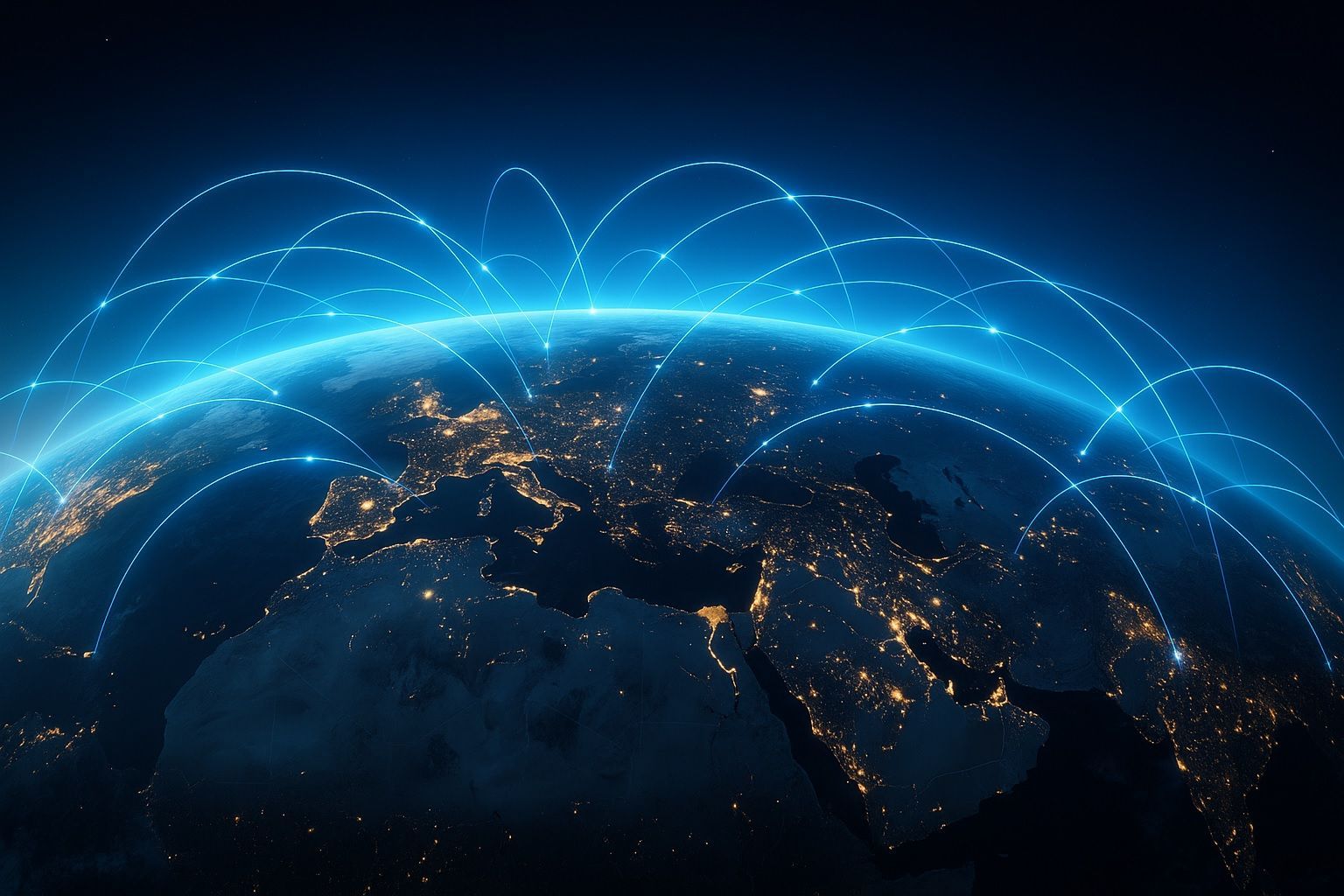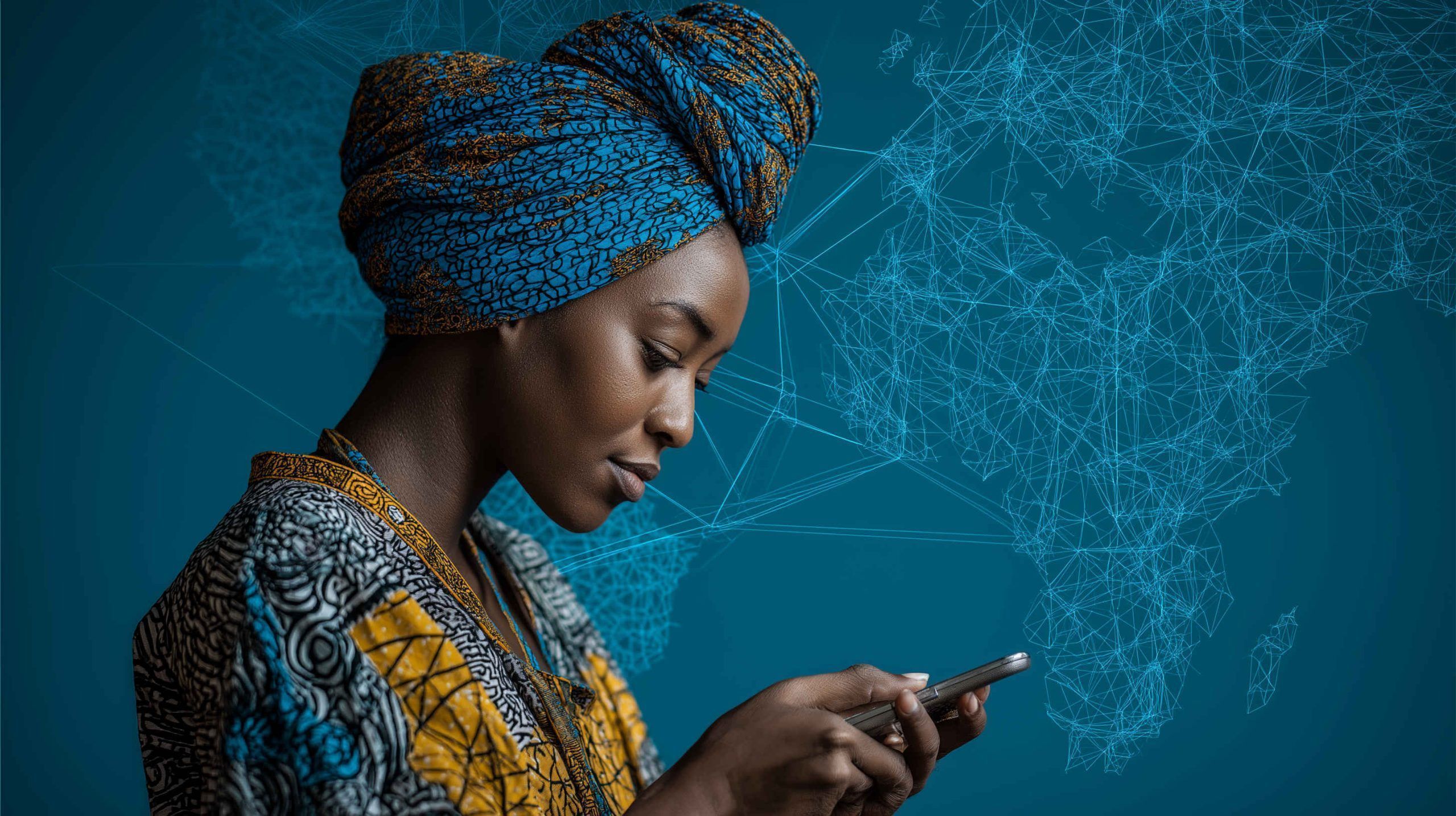
Satellite IoT Boom: Space Networks Poised to Connect the Unconnected by 2029
Global Market Growth: From Niche to €1.6 Billion Just a few years ago, satellite IoT was a niche segment – but not for long. Analysts project exponential growth through the decade. Berg Insight’s latest report pegs satellite IoT connectivity revenues at

